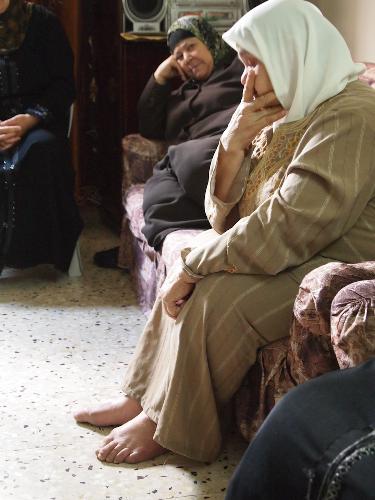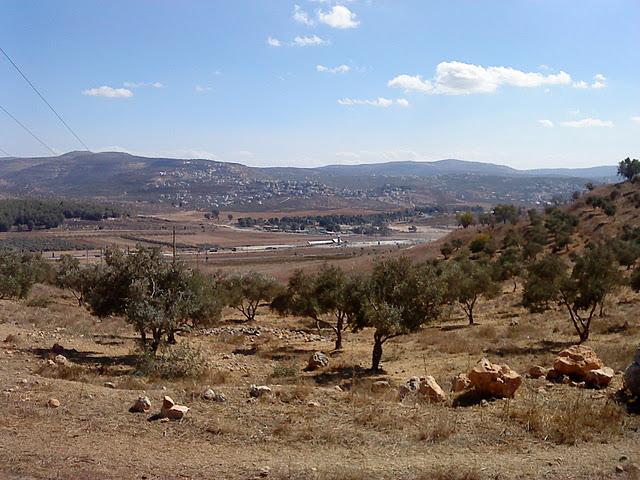Tag: Kafr Qalil
-
Brother and sister arrested without charge in Kufr Qalil
12th May 2013 | International Solidarity Movement | Nablus, Occupied Palestine Team Nablus At 1:30 am on May 12, Israeli soldiers arrested a brother and sister from Kufr Qalil without charge and ransacked their home, terrorizing their family and leaving them with no information about the siblings’ imprisonment. Israeli soldiers arrived at the residence of…
-
While village attended funeral, Zionists stole
18 October 2011 | International Solidarity Movement, West Bank On Tuesday, a family in Kufr Qalil cancelled all olive harvest because of the death of a family member. While the people in the household were at the cemetery to attend the funeral, settlers from the adjacent Berakha settlement took the opportunity to visit the household’s…
-
Soldiers abandon Palestinian farmers in Kufr Qalil
24 October 2010 | International Solidarity Movement Farmers in Kufr Qalil, near Nablus, were scheduled to receive army protection yesterday through the Israeli District Coordination Office (DCO), in order to harvest their olives on land near the illegal Bracha settlement. The family, accompanied by four international activists, went to the land and was initially pleased…


